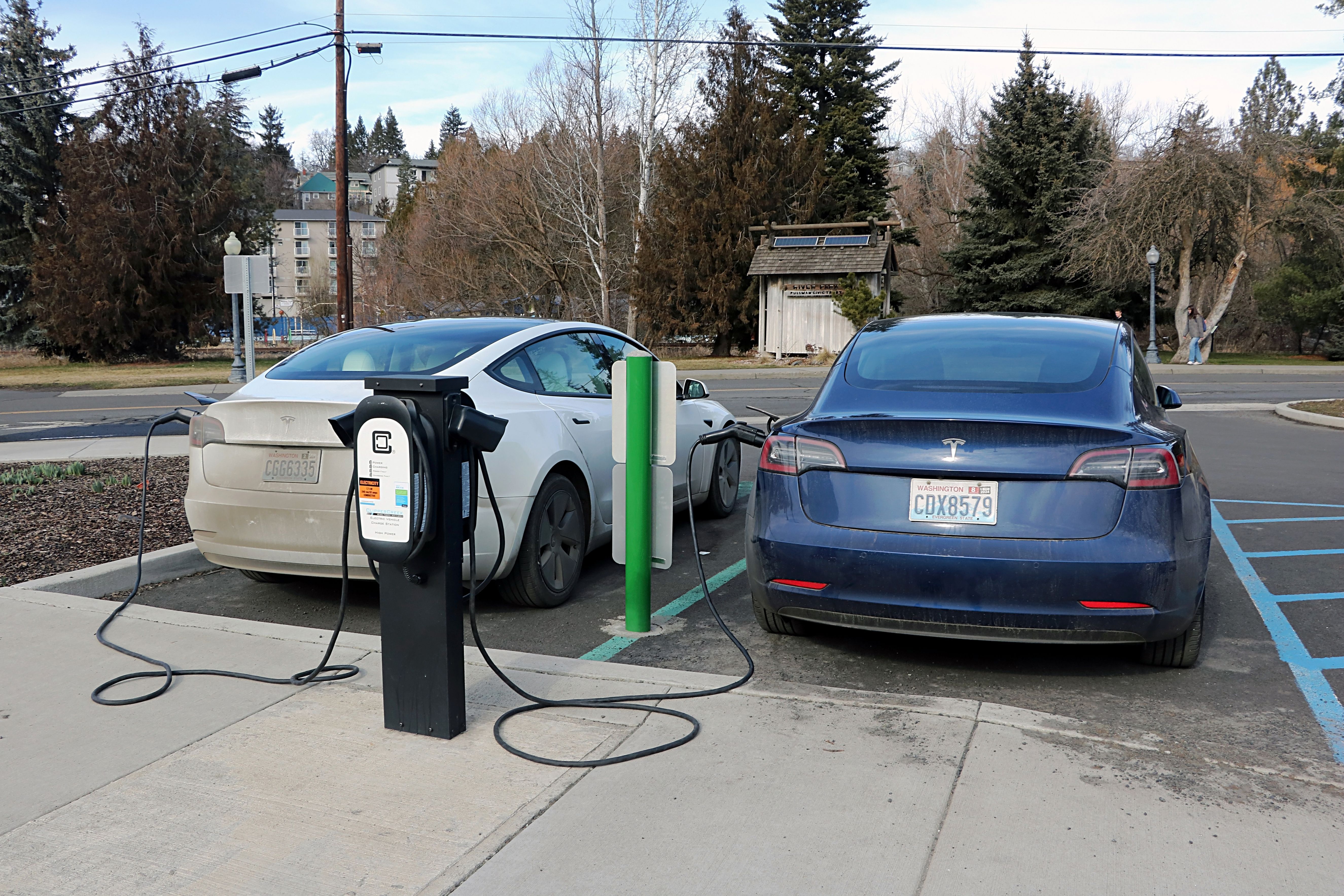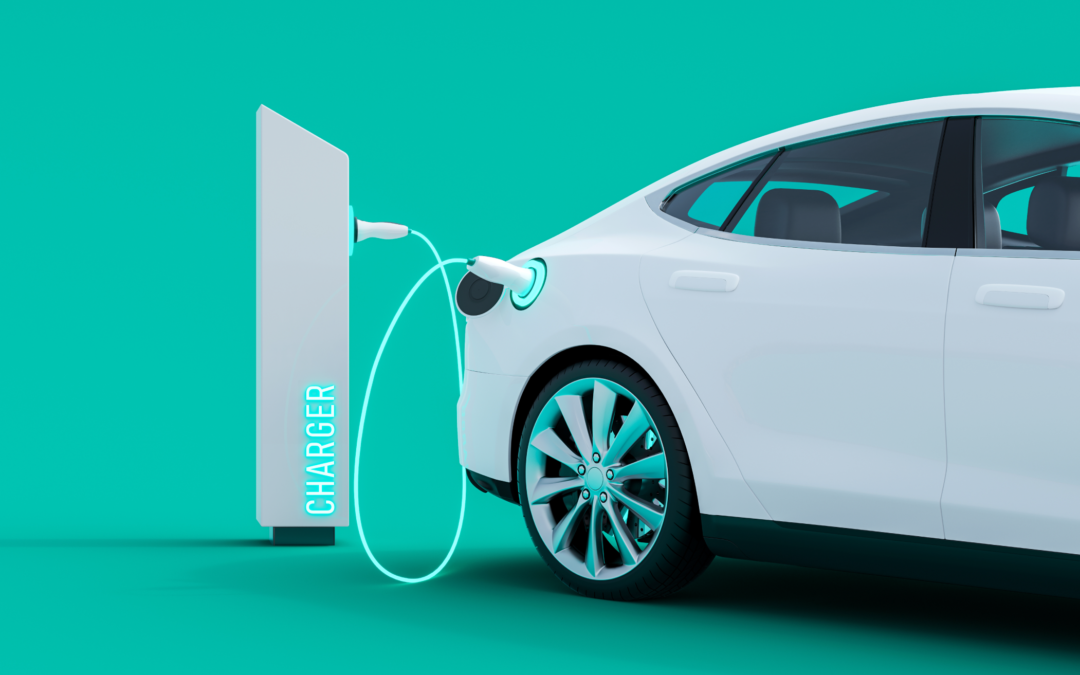Expert Opinions and Market Insights When You Buy EV Charging news
New Dope in EV Charging: Just How the Industry Is Developing to Fulfill Demand
As the electric vehicle (EV) market remains to increase, the charging infrastructure is undertaking substantial changes to resolve the rising demand. Key developments in ultra-fast charging modern technologies, coupled with wise grid combination, are improving the landscape. Developments in battery technology assurance boosted performance and sustainability. However, the search of global charging standards stays an important variable in enabling seamless user experiences and prevalent fostering. The effects of these developments raise crucial concerns regarding the future of EV billing and its duty in the wider power environment.
Development of Charging Facilities
The rapid growth of electrical lorry (EV) charging facilities is a vital component in facilitating the prevalent adoption of electrical movement. As federal governments, personal companies, and customers progressively recognize the significance of decreasing carbon emissions, investments accountable networks have actually risen. This infrastructure growth is important to ease range anxiety, making certain that EV individuals have practical access to charging terminals.
Considerable improvements accountable terminal technology and deployment strategies have actually emerged. Urban locations are seeing a spreading of public charging terminals, while country areas are progressively being integrated into the charging network. Partnerships in between automobile makers and billing service providers are coming to be a lot more typical, facilitating the establishment of extensive networks that enhance customer experience and access.
In addition, the combination of renewable resource resources right into charging stations is gaining energy, advertising sustainability in the EV environment. This change not only sustains ecological goals but also aligns with the climbing need for green power services amongst consumers.
Ultra-Fast Charging Technologies
Ultra-fast billing technologies stand for a significant leap forward in the EV billing landscape, enabling electric cars to charge in a portion of the moment compared to conventional charging techniques. These developments generally deliver power levels exceeding 150 kW, with some systems getting to up to 350 kW or even more, significantly lowering charging times to as low as 15-30 mins for a substantial cost.
Secret making it possible for technologies consist of developments in battery chemistry, power electronics, and thermal monitoring systems. High-capacity batteries with enhanced thermal security enable for faster billing without overheating. EV Charging news. In addition, growths in billing infrastructure, such as liquid-cooled cords and modular billing stations, promote reliable power transfer, boosting the general user experience
Significant auto producers and modern technology companies are proactively purchasing ultra-fast billing networks, identifying the vital role they play in getting over variety stress and anxiety and increasing the fostering of electric vehicles. As these innovations become more commonly offered, the EV market is anticipated to witness considerable development, making electric flexibility an extra attractive option for customers. Overall, ultra-fast charging modern technologies are pivotal fit the future of sustainable transportation, leading the way for a more efficient and extensive charging ecological community.
Smart Grid Combination

Through demand reaction methods, clever grid systems can change billing schedules based on grid conditions and electrical energy prices. During durations of high demand, charging can be delayed to off-peak hours, resulting in lower prices for customers and lowered stress on the grid. Furthermore, vehicle-to-grid (V2G) technologies allow EVs to discharge power check out this site back right into the grid, giving secondary solutions and boosting grid security.
Assimilation with eco-friendly energy sources further boosts the sustainability of EV billing. By aligning billing activities with durations of high solar or wind generation, clever grids promote a greener charging framework. Ultimately, wise grid integration not just supports the growing demand for EVs however likewise adds to a more resistant and sustainable power future, placing the industry for long-term success.
Battery Innovations
Amidst the rapid development of electric cars (EVs), battery developments stand at the leading edge, driving advancements in performance, effectiveness, and sustainability. As the need for EVs surges, manufacturers and scientists are concentrating on boosting battery modern technologies to deal with obstacles such as range stress and anxiety and charging times.
Lithium-ion batteries continue to be one of the most commonly made use of technology, yet brand-new products and chemistries are arising to enhance energy density and durability. Solid-state batteries, as an example, assure greater power storage space capability and boosted security by replacing liquid electrolytes with strong ones. This change could significantly lower the threat of fire and raise the lifespan of batteries.
In addition, improvements in battery reusing processes are important for sustainability. Companies are creating approaches to recover important products like lithium, cobalt, and nickel from utilized batteries, promoting a round economic climate and reducing ecological impact.

Worldwide Charging Standards

Efforts are underway to develop global billing requirements that promote compatibility among various EV versions and billing terminals. Organizations such as the International Electrotechnical Commission (IEC) and the Culture of Automotive Engineers (SAE) are functioning collaboratively with vehicle manufacturers and energy carriers to develop extensive standards. EV Charging news. These standards purpose to streamline the billing procedure, minimize the requirement for several adapters, and boost customer experience
Additionally, standardization can considerably reinforce the development of the billing network, as it urges investment by making facilities development much more predictable and effective. As the EV market matures, a unified technique to billing standards will certainly be important for making sure that customers can charge their automobiles easily and reliably, therefore sustaining the more comprehensive transition to lasting transport.
Final Thought
The electric automobile charging industry is going through substantial transformation to deal with the surging demand for lasting transportation. Advancements in charging facilities, ultra-fast technologies, clever grid combination, and ingenious battery options are pivotal in boosting individual experience and functional effectiveness. The search of global charging criteria is vital for making sure interoperability throughout various regions and systems. Collectively, these growths place the sector to support a more comprehensive fostering of electric cars, inevitably adding to a much more lasting future.
Urban locations are seeing a proliferation of public billing stations, while rural regions are slowly being incorporated into the charging webpage network. Furthermore, advancements in billing framework, such as liquid-cooled cables and modular billing terminals, promote effective power transfer, enhancing the general user experience.
In general, ultra-fast billing technologies are pivotal in forming the future of lasting transportation, paving the way for a more comprehensive and effective charging ecological community. - EV Charging news
By straightening charging tasks with durations of high solar or wind generation, clever grids promote a greener billing infrastructure.Efforts are underway to develop global charging standards that assist in compatibility amongst various EV versions and right here charging stations.